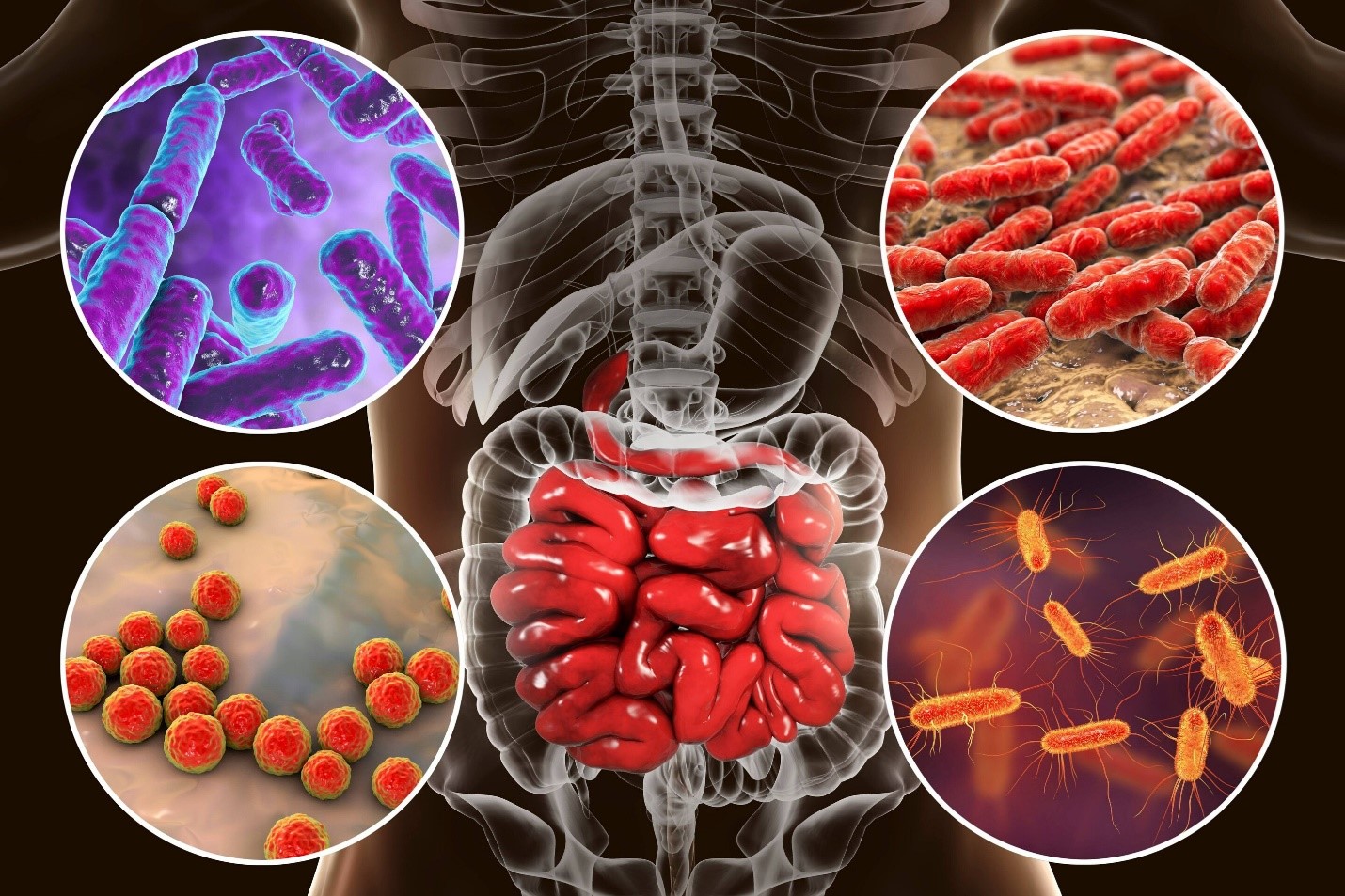In recent years, the spotlight on gut health has intensified, with growing recognition of its profound impact on overall well-being. Central to this discussion is the role of probiotics, which have emerged as a popular and scientifically-backed solution for maintaining and enhancing gut health. This article delves into the intricate relationship between probiotics and gut health, exploring how these beneficial microorganisms contribute to a balanced digestive system and overall health.
Understanding Probiotics
Probiotics are live microorganisms, often referred to as “good” or “friendly” bacteria, that confer health benefits when consumed in adequate amounts. These beneficial bacteria are typically found in fermented foods such as yogurt, kefir, sauerkraut, kimchi, and miso, as well as in dietary supplements. The most common probiotic strains belong to the Lactobacillus and Bifidobacterium genera, although there are many other strains with unique benefits.
The Gut Microbiome
To appreciate the role of probiotics in gut health, it’s essential to understand the gut microbiome. The gut microbiome is a complex community of trillions of microorganisms, including bacteria, viruses, fungi, and other microbes, residing in the digestive tract. This microbial ecosystem plays a crucial role in various bodily functions, including digestion, nutrient absorption, immune response, and even mental health.
A balanced gut microbiome is characterized by a diverse and stable population of beneficial bacteria that outcompete harmful pathogens. However, factors such as poor diet, stress, antibiotics, and illness can disrupt this balance, leading to a condition known as dysbiosis. Dysbiosis is associated with a range of health issues, including digestive disorders, weakened immunity, and inflammatory diseases.

How Probiotics Support Gut Health
Probiotics contribute to gut health in several ways:
- Restoring Balance: Probiotics can help restore the balance of the gut microbiome by replenishing beneficial bacteria. This is particularly important after a course of antibiotics, which can indiscriminately kill both harmful and beneficial bacteria.
- Enhancing Digestion: Certain probiotic strains produce enzymes that aid in the digestion of complex carbohydrates, proteins, and fats. This can alleviate symptoms of indigestion, such as bloating, gas, and constipation.
- Strengthening the Gut Barrier: The gut lining acts as a barrier that prevents harmful substances from entering the bloodstream. Probiotics can enhance the integrity of this barrier by promoting the production of mucus and tight junction proteins, which seal gaps between intestinal cells.
- Modulating the Immune System: A significant portion of the immune system resides in the gut. Probiotics can modulate immune responses by interacting with immune cells and producing antimicrobial substances that inhibit the growth of pathogens.
- Reducing Inflammation: Chronic inflammation in the gut is a hallmark of many gastrointestinal disorders, such as irritable bowel syndrome (IBS) and inflammatory bowel disease (IBD). Probiotics can produce short-chain fatty acids (SCFAs) like butyrate, which have anti-inflammatory properties.
Probiotics and Specific Gut Health Conditions
Research has shown that probiotics can be beneficial for various gut-related health conditions:
- Irritable Bowel Syndrome (IBS): IBS is a common disorder characterized by abdominal pain, bloating, and altered bowel habits. Studies have found that certain probiotic strains, such as Bifidobacterium infantis and Lactobacillus plantarum, can alleviate IBS symptoms by reducing inflammation and normalizing gut motility.
- Inflammatory Bowel Disease (IBD): IBD, including Crohn’s disease and ulcerative colitis, is a group of chronic inflammatory conditions affecting the digestive tract. While probiotics are not a cure, they can help manage symptoms and maintain remission. For instance, the probiotic blend VSL#3 has shown promise in reducing inflammation and promoting gut healing in IBD patients.
- Antibiotic-Associated Diarrhea (AAD): Antibiotics can disrupt the gut microbiome, leading to diarrhea. Probiotics, particularly Lactobacillus rhamnosus GG and Saccharomyces boulardii, have been shown to reduce the incidence and severity of AAD by restoring microbial balance.
- Clostridium difficile Infection (CDI): CDI is a severe bacterial infection that can occur after antibiotic use. Probiotics, especially Saccharomyces boulardii, can help prevent CDI recurrence by inhibiting the growth of Clostridium difficile and promoting the growth of beneficial bacteria.
Choosing the Right Probiotic
Not all probiotics are created equal, and their effects can vary depending on the strain, dose, and individual health status. Here are some tips for choosing the right probiotic:
- Identify the Strain: Different probiotic strains have different benefits. Look for strains that have been clinically studied for the specific health condition you want to address.
- Check the CFU Count: CFU stands for colony-forming units, which indicate the number of viable bacteria in a probiotic product. Higher CFU counts are generally more effective, but the optimal dose can vary depending on the strain and condition.
- Look for Quality Assurance: Choose products from reputable brands that provide information on strain identification, CFU count, and storage recommendations. Some probiotics require refrigeration to maintain their potency.
- Consider Form and Delivery: Probiotics are available in various forms, including capsules, tablets, powders, and fermented foods. Choose a form that fits your lifestyle and preferences. Additionally, some probiotics are designed to survive stomach acid and reach the intestines, where they exert their benefits.
Conclusion
The role of probiotics in gut health is supported by a growing body of scientific evidence. These beneficial microorganisms can restore microbial balance, enhance digestion, strengthen the gut barrier, modulate the immune system, and reduce inflammation. While probiotics are not a panacea, they offer a promising approach to managing and preventing various gut-related health conditions.
As research continues to uncover the complex interactions between probiotics and the gut microbiome, it is clear that maintaining a healthy gut is essential for overall well-being. By incorporating probiotics into your diet and choosing the right strains and products, you can take proactive steps towards optimizing your gut health and enhancing your quality of life




